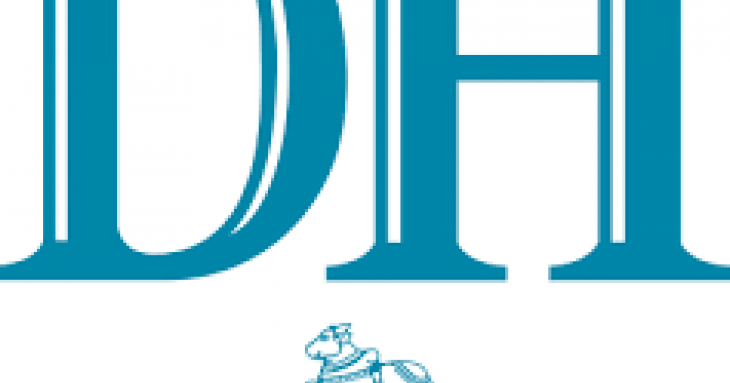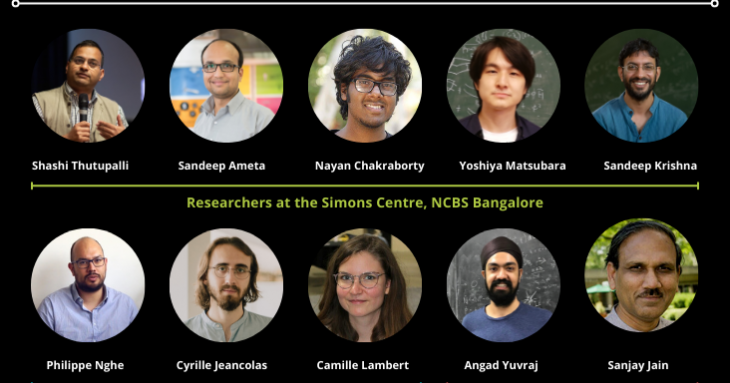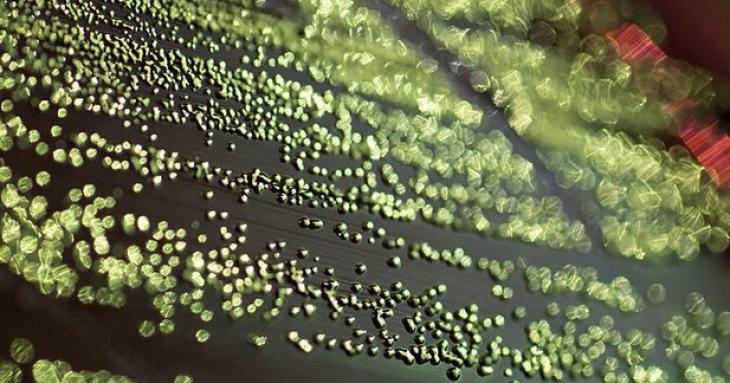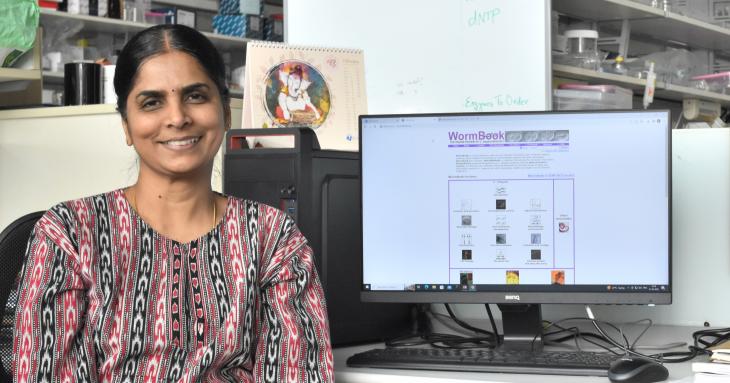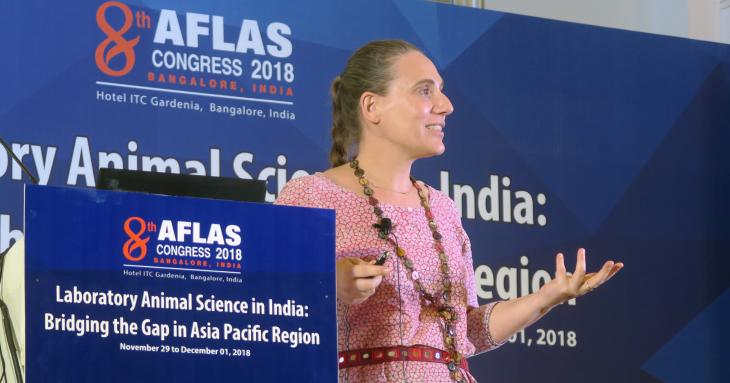-
MP national park gets 2 tigers in big cat revival efforts
Madhya Pradesh national park that last housed a tiger a decade ago, on Friday received two adult tigers from nearby forests as the Union environment ministry is making an effort to repopulate the central Indian forest with tigers aiming to create a c...
-
-
Growing, fast and slow
Why are there so many tRNA and rRNA copies in bacterial genomes?Parth K Raval, Wing Yui Ngan, Jenna Gallie and Deepa Agashe look at the fitness costs and benefits of redundancy in the bacterial translation machinery in their latest paper published in eLife journal. -
LS Shashidhara, brilliant geneticist and NCBS director, puts science next to social welfare
Shashidhara wants to focus on applied and translational research in collaboration with multiple institutes to ensure a tangible outcome of immediate utility.
-
Minimising human disturbance crucial to protect bears outside wildlife reserves: study
A new study has found that maintaining forest cover and preventing fragmentation of habitats while minimising human disturbance is crucial for long-term conservation of bears outside protected wildlife reserves across India.
-
Early worm gets new genes: C elegans Facility
Caenorhabditis elegans are tiny free-living nematodes that live in soil. A large number of scientists have taken fancy to these worms as model organisms owing to their simple genome, tiny size, ease of growing and transparent body.
-
Prof LS Shashidhara takes over as the new director of TIFR-NCBS
The winds of change are blowing at TIFR-NCBS. Today, on 21st February 2023, Satyajit (Jitu) Mayor passes the baton to our new director, LS Shashidhara. The NCBS community expresses its heartfelt gratitude to Prof. Mayor, under whose leadership the size and diversity of science at NCBS have grown multifold!
-
Miniaturizing Life: Microfluidics and Microfabrication Facility
Cell and tissue culture has played an important role in life science research. However, cells in culture behave quite differently from cells in vivo, and the knowledge gained from these cannot be directly extrapolated to cells in the context of an organism. There is a great interest in the scientific community to generate devices that can control the microenvironments of cells in culture.
-
Designing and immortalizing genomes: Mouse Genome Engineering Facility
Contemporary genome engineering technologies have made it possible to use a variety of model organisms to their full potential in genetic research. Although comparatively simpler and time-saving, these technologies still require a considerable amount of technical and scientific skills in addition to state-of-the-art infrastructure. Facilities that can take charge of generating such resources are constantly in demand.
-
A national repository of specimen: Collections Facility
Reliable identification of newly discovered species is vital for field biologists. Access to a type specimen repository to submit stocks to, and an expert taxonomist/systematist to identify and classify them is important for comparative studies.


